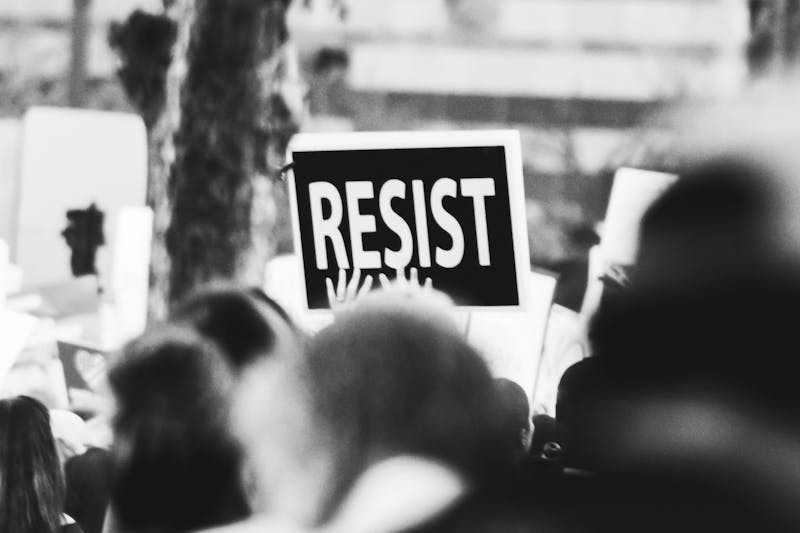Social Justice
Before there was Colin Kaepernick, a Black female athlete also refused to stand for the national anthem
Decades before Colin Kaepernick took a knee to protest racial injustice, a courageous Black woman named Eroseanna “Rose” Robinson made a bold stand—by sitting during the national anthem.

Decades before Colin Kaepernick took a knee to protest racial injustice, a courageous Black woman named Eroseanna “Rose” Robinson made a bold stand—by sitting during the national anthem.
In 1959, during the Pan American Games in Chicago, Robinson, a high jumper and civil rights activist, refused to stand for the U.S. national anthem. Her silent protest—largely erased from mainstream memory—was a powerful act of defiance against racial segregation, war, and hypocrisy in America.
Who Was Eroseanna Robinson?
Born in 1925, Robinson was a standout athlete in the Amateur Athletic Union (AAU) during the 1940s and 1950s. She won national titles and earned a spot on the U.S. Track and Field team. But her activism extended far beyond the field. She participated in direct-action protests, including desegregation efforts at skating rinks in Cleveland, where she once left with a broken arm after facing violent opposition.

1960 JET Magazine (https://books.google.com/books/about/Jet.html?id=1bcDAAAAMBAJ#v=onepage&q=rose%20robinson%20high%20jumper&f=false)
A Protest Before Its Time
At the height of the Cold War, Robinson declined an invitation to compete in the Soviet Union, refusing to be used as a political pawn. A year later, at the Pan Am Games, she remained seated during “The Star-Spangled Banner.” To her, the anthem symbolized a nation that preached freedom while practicing oppression.
This act of resistance came nearly 60 years before Kaepernick’s 2016 protest, yet Robinson’s name is rarely mentioned in conversations about athlete activism.
Why Her Story Matters Now
As debates around patriotism, protest, and racial justice continue, Robinson’s legacy offers critical historical context. Her story challenges us to recognize the long lineage of Black athletes who’ve risked everything to speak truth to power.
In the words of historian Dr. Amira Rose Davis, Robinson “saw her athleticism and that platform as a place with which to critique the government, to critique local regulations and segregation”.
Discover more from Unheard Voices Magazine
Subscribe to get the latest posts sent to your email.
-

 Community4 days ago
Community4 days agoMichigan crash claims lives of mother and two children
-

 In Memoriam7 days ago
In Memoriam7 days agoBeloved Mississippi news anchor Celeste Wilson dies suddenly at 42
-

 Police1 week ago
Police1 week agoMississippi mother demands justice after teen son fatally struck by a police cruiser
-

 Black And Missing2 days ago
Black And Missing2 days agoSearch intensified for missing Maryland teen Dacara Thompson
-

 Community5 days ago
Community5 days agoGoFundMe launched for viral flight hero “Linebacker17C” after midair takedown
-

 Black Excellence4 days ago
Black Excellence4 days agoMississippi teen begins college journey at just 16, majoring in Electro-Mechanical engineering
-

 Social Justice1 week ago
Social Justice1 week agoSouth Carolina man shot in alleged hate crime speaks out and pushes for change
-

 Social Justice3 days ago
Social Justice3 days agoNevada School District Pays $60K to Settle Racial Discrimination Lawsuit Over Cafeteria Worker’s ‘Black Voice’



























